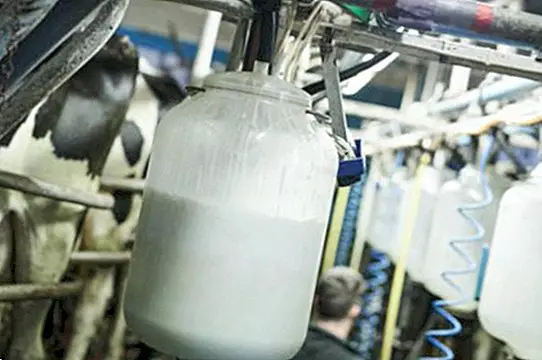Getting pregnant the first time: probabilities the first month and tips
When a couple is considering the possibility of having a baby, and this is the first time they have tried (that is, we are therefore facing the first month of search) It is quite common to have doubts directly or indirectly related to the chances of pregnancy.
Unlike what has traditionally been thought, the truth is that to achieve pregnancy is not enough to make love the best days to conceive (2 days before the day when ovulation occurs, and 2 days after it is has produced); factors such as the age of women and men also influence, and that both are physically well; that is, they do not have fertility problems and have an optimal reproductive health in this sense.

The odds of pregnancy the first month
Before discovering whether it is possible or not get pregnant at the first, we must pay attention to the chances of pregnancy in the first month.
If both women and men are between 20 and 25 years old and do not have any reproductive problems, the couple has between 20 to 25% chance of getting the pregnancy in the first month of trying. These probabilities increase with the passage of the months, but the certain thing is that every time the couple has sex, they have only a 20% chance of getting pregnant.
If the woman is between 30 to 35 years of age, the chances of pregnancy during the first month of relationships will be 15%. From the 35 year old odds is 10%, and to 40 years old is only 5% chance.
How to increase the chances of pregnancy in the first month?
Know the woman's menstrual cycle and when she ovulates
For example, if your menstrual cycle is 28 days, the fertile days will be between days 12 to 16 of the cycle. When it comes to knowing when you will ovulate you can help several methods, such as taking the basal temperature before getting out of bed (if it stays regular and one day suddenly goes up means that just the previous day you ovulated, or that on that day you will ovulate), or opt for ovulation tests.

Follow a balanced and healthy diet
Both you and your partner, it is essential to follow a healthy diet, low in fat and rich in fruits, vegetables and fresh vegetables, lean meats, fish, legumes, cereals and nuts.
Eliminates tobacco and alcohol
Did you know that both tobacco and alcohol are two enemies not only of your health in general, but of the fertility of both men and women? In fact, it seriously affects both the fertility of men and women.
In the case of women, for example, increases the risk of spinal abortion, while in man it tends to reduce sperm quality and quantity.
Maintain an adequate weight
Women who have a low or high BMI (Body Mass Index) tend to produce a greater number of immature eggs. So, the key is to try to maintain a weight according to our height, activity, physical complexion and sex.
On the other hand, in the case of men, being overweight also affects them negatively: it specifically affects the quality of sperm.

Practice physical exercise
Staying active is ideal not only to maintain good health but to enjoy good reproductive health. And it is not only helps to reduce weight but it is also essential to reduce stress, which always affects very negatively to fertility.
Get away from stress and anxiety
They are two of the biggest enemies for those couples who want to conceive a baby, because they revolutionize the hormones to negative and prevent a correct conception.
And above all, and something fundamental: maintain an active sex life, which helps to improve the quality of sperm if they have sex every day, and above all try to maintain relationships 2 days before ovulation, and 2 days after. This article is published for informational purposes only. It can not and should not replace the consultation with a Physician. We advise you to consult your Trusted Doctor. ThemesConception


